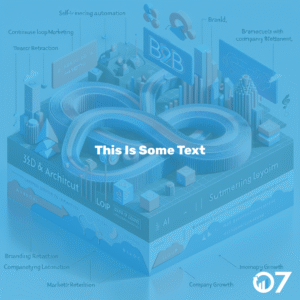Content planning software coordinates your content creation process. It helps organise, schedule, and track deadlines within teams effectively. Centralised management ensures that all ideas and tasks are streamlined. This is essential whether you work individually or collaboratively.
Benefits of Content Planning Software
Here are four core advantages of using content planning software:
1. Improved Organisation and Time Efficiency
Gone are the days of scattered content ideas. With proper tools, teams can maintain a backlog of tasks. This ensures nothing falls through the cracks. Systems like Asana bring organisation to your content marketing efforts.
2. Progress Tracking
Visual progress aids motivation. Moving tasks from progress to completion is satisfying. Tools like Trello offer visual feedback, enabling teams to manage workflows efficiently.
3. Enhanced Collaboration
No need for endless email exchanges. Teams can comment and approve changes in one place, reducing back-and-forth communication. This is crucial for maintaining project momentum and clarity.
4. Efficiency Improvement
Clear planning minimises rushed processes. Scheduling allows for brainstorming sessions, presenting opportunities to enhance content quality.
Key Aspects of Effective Content Planning Tools
When choosing a content planning tool, consider the following:
- Ease of Use: A straightforward interface is essential for user adoption.
- Collaboration Features: Real-time updates and task management streamline teamwork.
- Customisable Content Calendar: A feature that keeps everyone on track regarding deadlines.
- Analytics Integration: This provides essential metrics to measure content performance.
- Templates and Mobile Access: These features increase usability across varied tasks.
Best Content Planning Tools
Here are six notable tools that excel in content planning:
1. Asana
Asana streamlines content management from ideation to publication. With intuitive boards and tasks, it helps teams oversee their entire content calendar visually.
2. Notion
This versatile tool allows users to create custom databases alongside content calendars. Notion is known for its flexibility, easily adapting to team needs.
3. Trello
Trello provides a visual board that aids team organisation. It’s perfect for small projects, presenting tasks in lists easily manageable at a glance.
4. CoSchedule
Well-known for unifying social media schedules and content plans, CoSchedule helps teams manage campaigns seamlessly.
5. Basecamp
Basecamp synthesises multiple elements into a simple dashboard. Its interface promotes task clarity and team engagement.
6. Templates
While specific templates are useful, teams may seek additional integrations to expand their content capabilities.
Conclusion
Choosing the right content planning tool can revolutionise your content management process. Whether you opt for Asana’s comprehensive features or Notion’s flexibility, each tool serves to increase efficiency and productivity. Focus on your team’s needs and which tools can best support your content strategy. For more insights, visit our blog. Contact us via email at info@07hm.co.uk or call us on 01702 410663.





